Why is HR Important in Today’s Work Environments?

Human Resources (HR) isn't just a department, it's the heartbeat of every successful organization.
In today’s ever-evolving world of work, the role of HR has transcended traditional boundaries, becoming a pivotal element in shaping organizational culture, fostering employee engagement, and driving business success.
Why is human resources important? By focusing on employee well-being and development, HR not only attracts but also retains top talent, significantly reducing turnover costs.
In fact, a Gallup study found that companies with highly engaged workforces outperform their peers by 147% in earnings per share. This underscores the significant impact HR departments have on profitability through strategic employee management.
Read on to gain a deeper understanding of the impact a strong HR team can have on your organization.
What is the role of HR teams, and what is HR management?
Human Resources (HR) is responsible for critical functions like recruiting, hiring, training, and supporting employees. Their daily activities range from reviewing resumes and managing employee records to ensuring compliance with labor laws and standards.
HR professionals also guide on interpersonal issues and conflicts, identify suitable talent for roles, and implement strategies to keep employees engaged and productive.
Successful HR teams require skills in active listening, analysis, administration, and effective communication. They also ensure that your business is compliant with labor laws and HR reporting metrics.
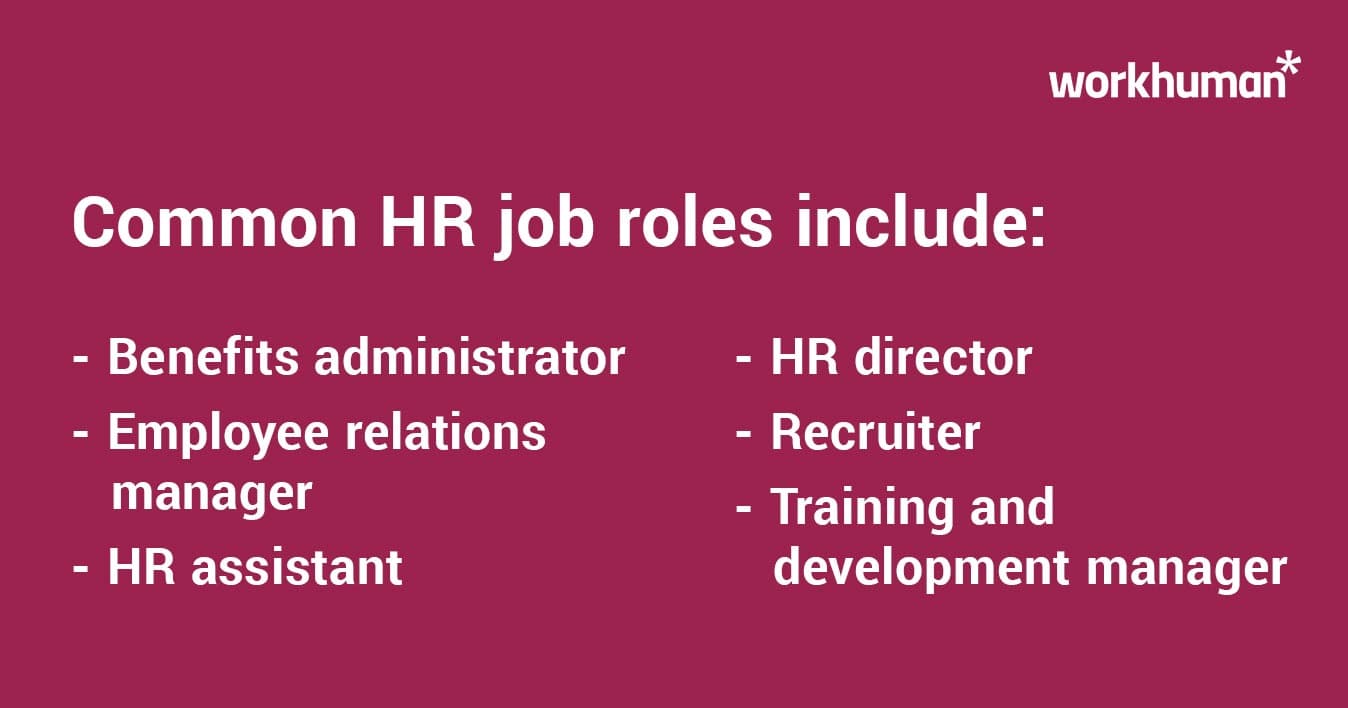
The Workhuman® Live breakout session, "Measuring the Value of HR in Today's Workplace," featured two CHROs: Steve Pemberton from Workhuman and Sreeni Kutam from ADP.
They explored a wide range of topics within the workplace landscape — from social issues and leadership styles to defining HR's value and emphasizing the paramount importance of prioritizing people.
You can now be a part of the Workhuman Live Sessions because the best HR conference is heading to Denver in 2025.
In the next sections, we will discuss the views of Sreeni Kutam, followed by the reasons why human resource management is so important.
How do HR teams define success?
For Sreeni, the first step in measuring HR's value in the workplace is to define what success looks like. “It's about the symbiotic relationship between the individual and the organization, which isn't about the physical building but rather the group of people we collaborate with.”
The relationship an individual has with their work depends on how they perceive their relationship with the employer. Therefore, the success of HR also hinges on the quality of its leaders.
For a large company like ADP, which has 7,000 front-line leaders and huge challenges, you need extra mechanisms to communicate and assess successes and failures. Sreeni refers to these mechanisms as "listening posts."
How do company values build culture?
Social events, workplace issues, and health and safety policies have posed acute challenges to employees, managers, and leaders over recent years and show no signs of diminishing.
The importance of HR within a company is deeply connected to the company's core values. HR's actions and policies inevitably reflect the company's priorities. These values should guide HR teams as they make critical decisions during turbulent times, such as a pandemic.
"We must return to our foundational beliefs," Sreeni advises. "As an organization, you need to ask yourself what you stand for, what your values are, and be willing to take a stand based on those values."
How do we keep people at the forefront of business?
Sreeni also emphasized the importance of considering key issues not just for the present but for the future. These decisions directly impact operations and the type of individuals you attract to your organization.
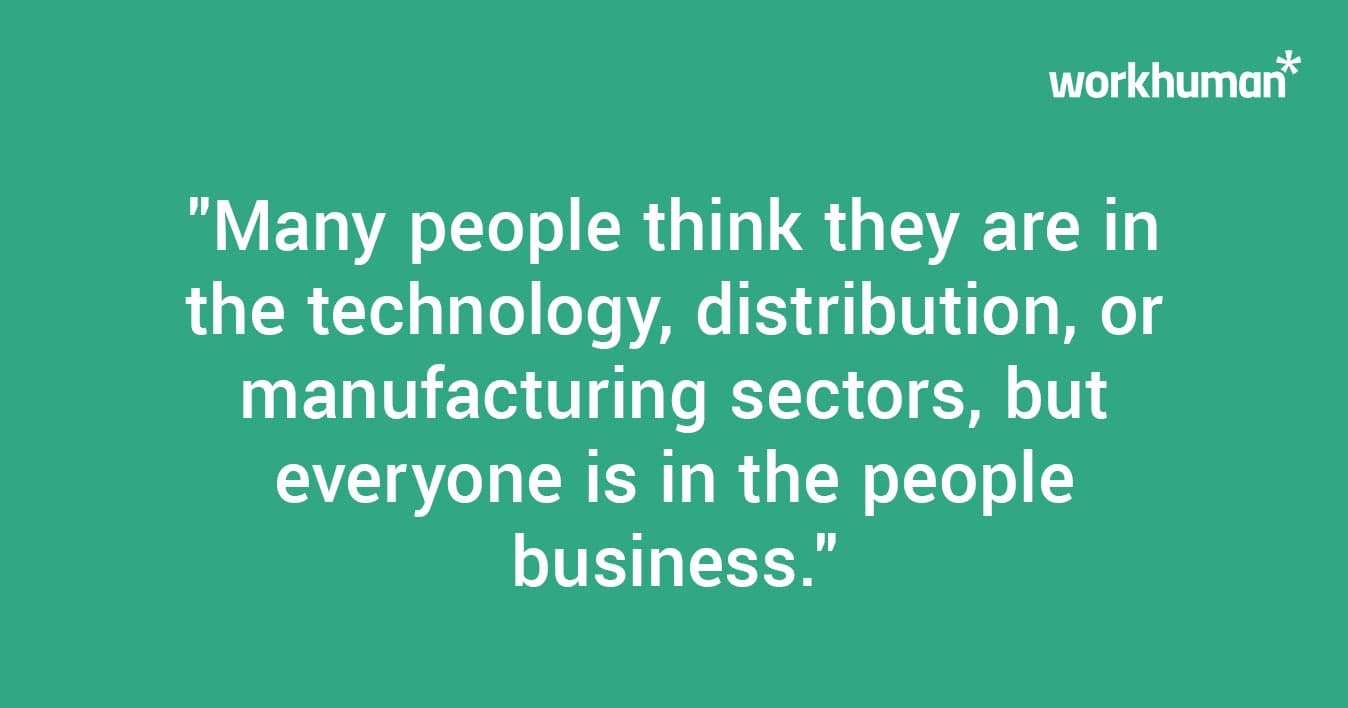
You cannot establish sustainable competitive advantages without strong people practices. It begins with people's practices and culture, followed by strategy. No product creates itself, and no service delivers itself.
People are behind the creation of products and the delivery of services, making HR a critical player in the people's business.
What type of leader does today's workplace need?
Today's workplace requires leaders who are not only collaborative, imaginative, innovative, and disciplined but also deeply aware of their teams' needs.
Effective leaders ensure their teams are engaged in meaningful work, supported well, and clear about their growth opportunities. Delivering on these three fronts can foster a strong and positive relationship between leaders and their employees.
As the workplace continues to navigate increasingly complex challenges in today's fast-changing environment, the HR department often finds itself at the forefront and must be the guiding light. If you cannot succeed internally with your team, you cannot with your customers either.
Now that you have heard Sreeni Kutam's views from the Workhuman Live breakout session let's explore human resources and their importance in further detail.
Why is human resource management important?
As your business grows, managing the staff becomes a full-time job that requires specific skills that the founders may lack. This is where HR leaders play a pivotal role in driving employee satisfaction, culture, and long-term business success.
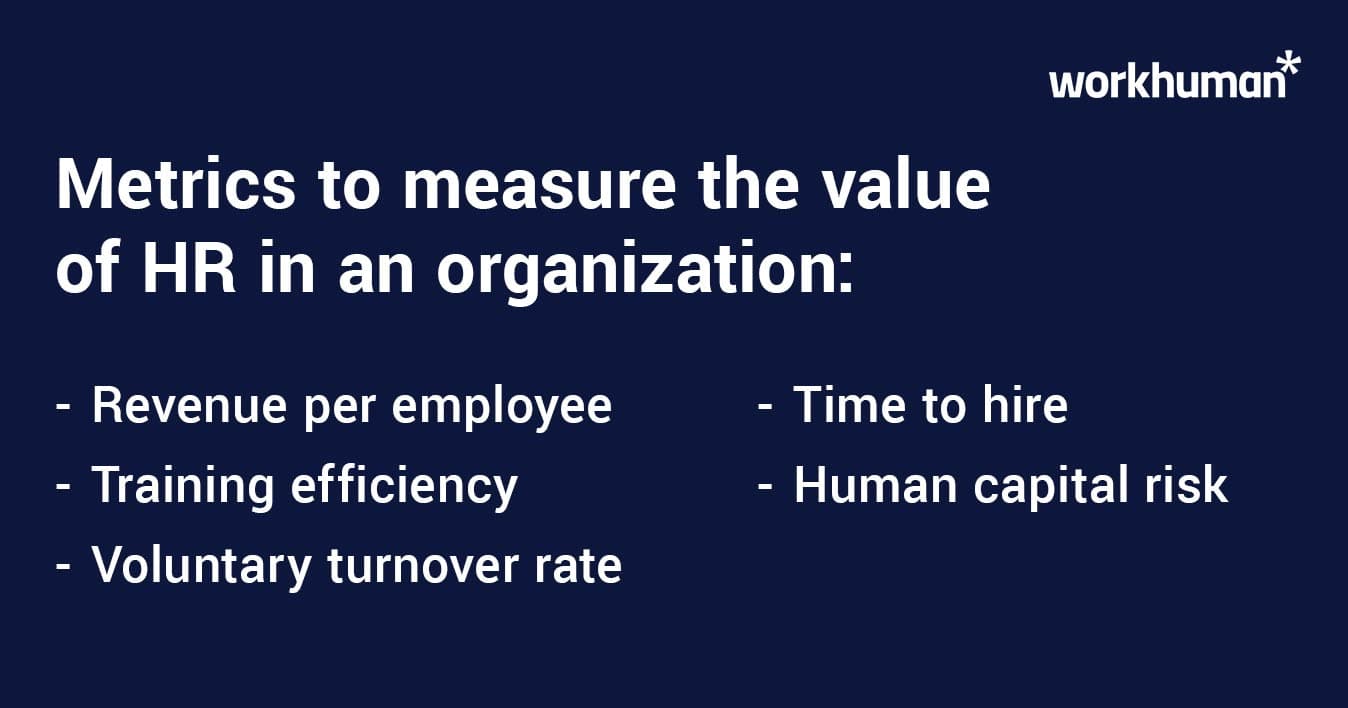
The role of HR managers has shifted from merely hiring to strategy. They must design, test, and implement working models that directly impact employee productivity and business bottom line.
An organization with a positive and productive work culture garners a positive reputation that attracts high-quality talent. The key strategic roles of human resource management include:
Staffing and recruitment processes
Recruitment starts with creating and posting a job opening, followed by searching for suitable candidates. The process, which includes shortlisting, interviewing, and onboarding, typically spans three to six weeks. For critical positions that require establishing a rapport with potential candidates, the hiring process may stretch over several months.
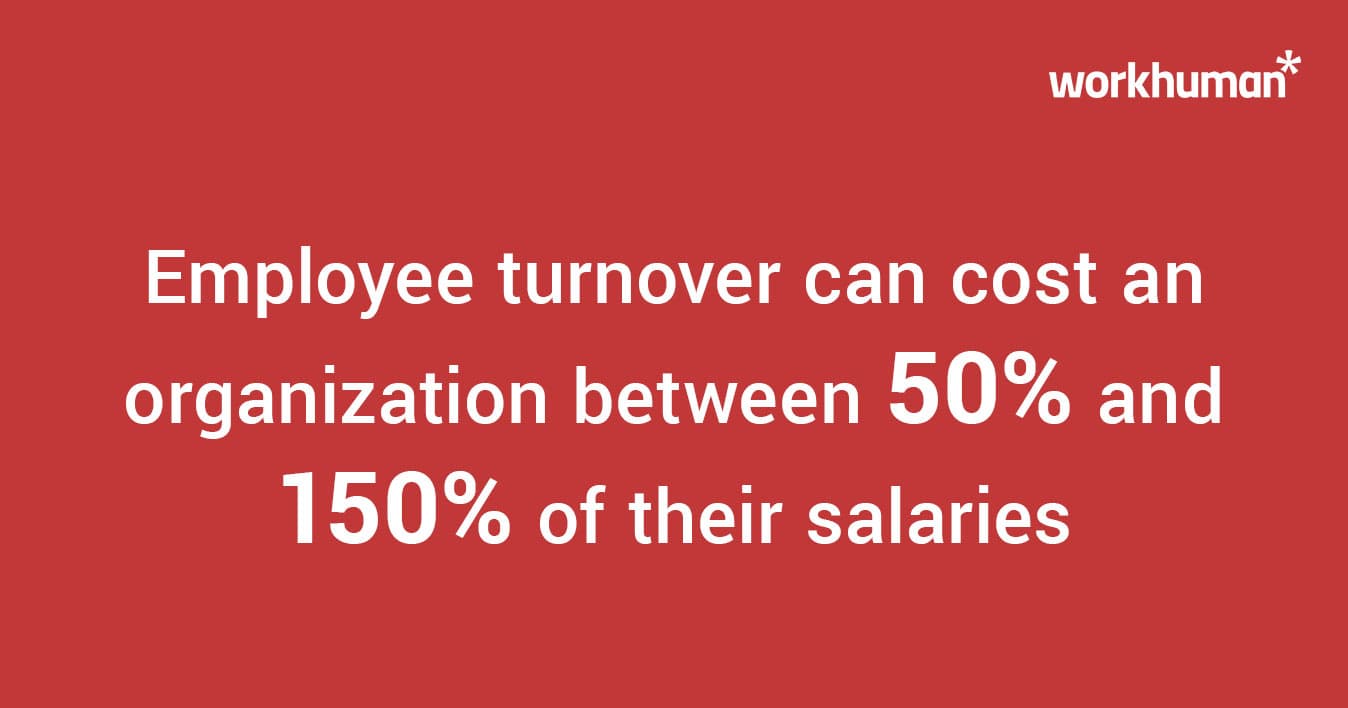
HR professionals play a crucial role in ensuring that recruitment is strategic and aligns with the specific needs and objectives of the project.
Managing the onboarding process
You must not leave the onboarding process to chance. A well-planned onboarding strategy leads to improved employee retention and performance.
Human resource managers design an onboarding process that aligns not only with the company’s overall goals but also with the specifics of the project at hand.
This process involves negotiating salaries and employee benefits, which can include health and well-being packages, leave policies, home and vehicle allowances, as well as maternity and paternity policies.
Training and development
A survey of over 7,000 employees reveals that 50% leave their jobs because of issues with managers. When employees feel unrecognized, their motivation to stay decreases.
They often seek new challenges, responsibilities, and better compensation; without these, their productivity can decline significantly.
However, the solution isn't just to blame managers but to explore opportunities for training and development for conflict resolution in the workplace. Talent development programs should also aim to help employees acquire new skills and prepare for other key roles within the company.
HR processes are crucial in bridging the gap between managers and employees, fostering a positive workplace culture.
Performance management and employee engagement
Enhancing employee performance by engaging them in meaningful activities or projects is one of the key HR functions. According to a Workhuman®-Gallup report, the importance of human capital has never been more evident, and effective HR processes must have a robust strategy for engaging staff members.
🌟 Looking to increase your employee engagement year-round? Don’t miss out on this invaluable resource! 🌟
Download the report now and lead your organization to new heights!
Businesses that prioritize the performance and engagement of their workforce witness:
- 81% lower absenteeism
- 14% higher productivity
- 10% higher customer ratings
- 18% higher sales
- 23% higher profits
The human resource team, through effective performance management and employee engagement training programs, builds trust within the organization, nurtures peer relationships, provides recognition and feedback, and ensures work-life balance.
Building and managing the company culture
According to 'The State of Organizations 2023' research by McKinsey & Co., companies that exhibit a healthy work culture are less likely to go bankrupt during a major disruption such as the pandemic. Workhuman® iQ confirms that companies grounded in connection, positivity, and well-being see better engagement, retention, and inclusion.
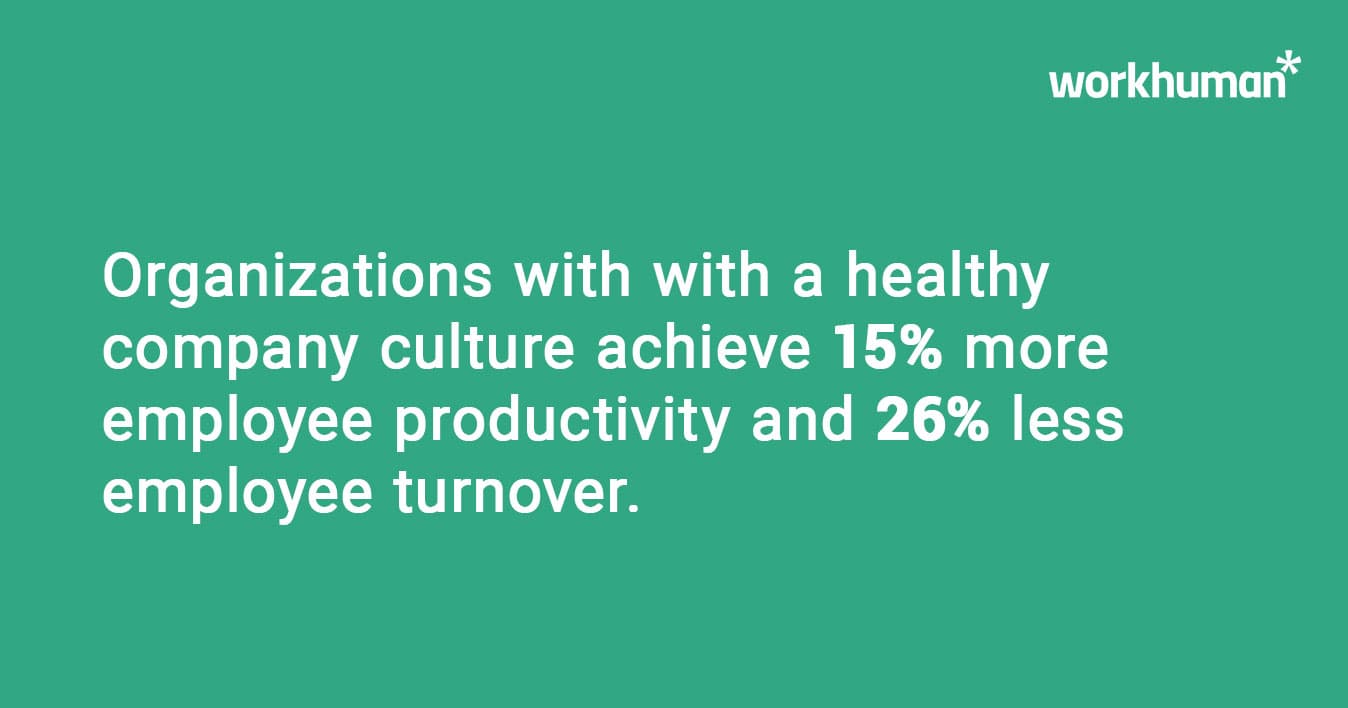
To achieve this, human resource management is important for every organization. HR is responsible for ensuring that:
- Appreciation is a part of the culture, and you treat employees fairly
- Employees and management pay attention to their relationship
- The organization prioritizes humanity and connection to work well with people
Celebrating life events at work plays a key role in developing a feeling of psychological safety. Due to this, 86% of the employees are likely to recommend the organization to a friend, and 43% are likely to be highly engaged at work.
This creates a more positive work environment, directly increasing employee development opportunities.
Retaining and managing talent
Despite the economic downfall and unemployment spike during the pandemic, the demand and competition for top talent continue to be fierce as we move ahead. It is an increasingly uphill task for businesses to recruit and retain the right people and keep employee turnover low.
Without HR, retaining and managing talent and workforce planning within an organization is extremely challenging. The human resource department continuously implements these strategies for employee retention:
- Create and nurture a culture of recognition
- Make diversity, equity, and inclusion (DE&I) a priority
- Have a continuous feedback loop
- Have a culture of celebrating milestones, life events, and achievements
Legal and regulatory protection
To keep the workplace safe for employees and to safeguard business interests, you need to comply with federal and state laws and regulations. In the absence of robust in-house legal and regulatory protection, you may put the business and employees at risk.
Dedicated human resource professionals keep track of all applicable laws and regulations so that the company is on the right track. Without an HR team to turn to, issues may remain unnoticed until they result in litigation.
FAQs
What are the two main skills required for a strong Human Resources team?
While the HR team requires several skills, two key qualities they need are the ability to navigate the 'grey' and discretion. Employees often trust the HR team with confidential information regarding salaries, increments, conflicts, and complaints and expect HR to have a strong sense of ethics.
HR managers often deal with subjective questions that do not have a clear answer. For example:
- How to rate something as harassment?
- What is a 'decent accommodation'?
- Can you categorize an event as discrimination?
The HR department must have the skill and ability to make conscious decisions and, if necessary, consult peers, lawyers, and other experts.
Can the HR department help with personal issues?
HR can help with personal issues related to the office. For example, to resolve conflicts with a colleague or address harassment at work. They must prioritize the interests and policies of the company.
Even a dedicated HR professional may not help with mental health issues or problems with family and friends. Companies often have an in-house clinical psychologist for mental health and psychological support.
Which skills do HR professionals need?
The HR team needs the following skills to do their job effectively:
- Communication
- Administrative expertise
- HR management knowledge
- Strategy creation and execution
- Managing priorities
- Coaching
- Recruitment and selection
- Knowledge of HR software technology
- Reporting skills
- Cultural sensitivity
- Active listening
Why is HR more important now than ever?
Post-pandemic, the expectations of employees and employers have drastically changed. There's demand for flexible working policies and remote work schedules and employees want companies to be innovative and inclusive and provide greater challenges and higher wages.
HR plays a key role in everything from hiring a new employee to onboarding and training. They ensure the business goals align with labor laws and the employees' needs.
Conclusion
The value of HR lies in their ability to bring consciousness to the organization and make the workplace more human. As an HR manager, you would want to nurture relationships at work, resolve conflicts, and prioritize the interests of the company.
Their day-to-day activities fall under people management and aim to bring out the best work from all team members. Businesses of every size must know why HR is important and the value they bring to the table for a small investment.
About the author
Ryan Stoltz
Ryan is a search marketing manager and content strategist at Workhuman where he writes on the next evolution of the workplace. Outside of the workplace, he's a diehard 49ers fan, comedy junkie, and has trouble avoiding sweets on a nightly basis.